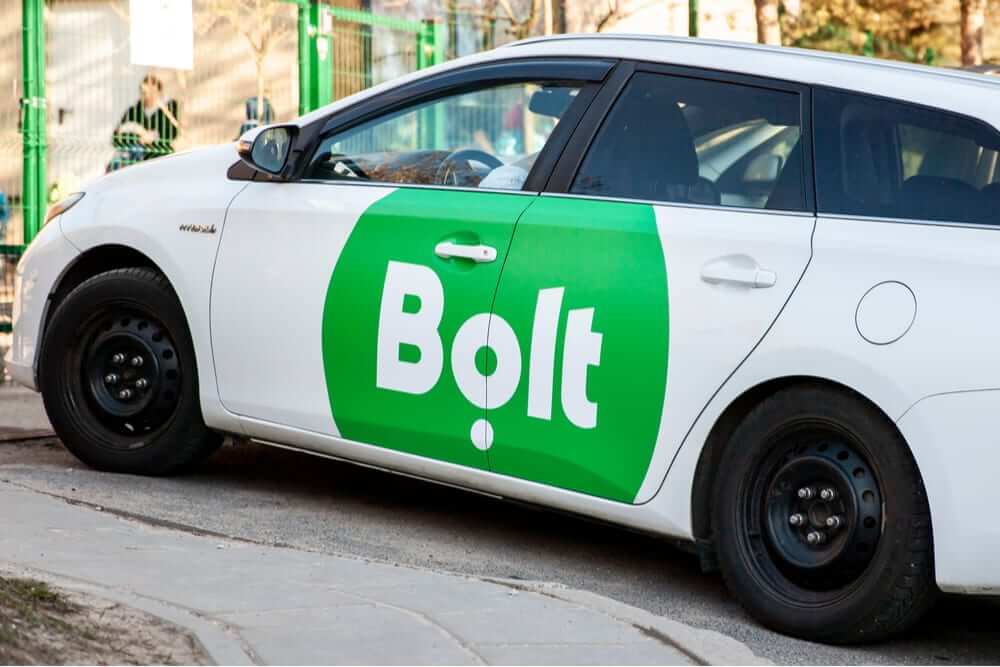Per the law, e-taxi apps in Kenya, including Bolt and Uber, should receive an 18% commission from their driver partners. However, both companies introduced “illegal” booking charges.
Bolt Kenya has clarified that it is working with the National Transport and Safety Authority (NTSA) to renew its local licence after it emerged that the NTSA had no plans to proceed with the renewal process. The NTSA pointed out that Bolt was charging higher commissions than what was set by the Transport Ministry and had introduced an illegal booking fee. “Bolt currently has a licence in the market and continues to work with the regulator in the stipulated licence renewal process going forward,” Bolt said in a statement seen by TechCabal.
The issue arose this week after NTSA wrote to Bolt about its licence issuance halt until Bolt addressed some issues raised over the years. The primary concern is how it charges its commission. The e-taxi app adhered to a directive by the Transport Ministry to lower its commission to a standard 18% but added a 5% booking fee, which the NTSA says is unauthorised.
“This Authority has [received] several formal complaints from drivers and their representatives regarding alleged non-compliance and violations of the provisions of Transportation Network Companies (TNC). The most pressing concerns are in relation to commission charges and the illegality of booking fee which has caused significant concern amongst the driver community,” NTSA said in a letter to Bolt Kenya.
According to Bolt, a booking fee “is an additional fee added to every trip a passenger requests”. Bolt defends the extra charge as a fee for “covering support and enhanced technological features that ensures an even more efficient service on our platform” without giving any additional context. The charge is added to the total price for cash trips, and at the end of a working week, Bolt subtracts 5% from a driver’s weekly earnings. The same applies to card trips. Many drivers have been against the extra charge, which, to some extent, has been implemented to circumvent the reduced commission remittance to 18% from 25%.
NTSA warns that it will not renew Bolt’s licence if these issues are not addressed. “In light of these, we urgently request you to provide us with a concrete plan to action outlining steps your company intends to take to rectify this situation, breakdown of commission rates currently in effect, highlighting specific instances where rates exceeded the regulated 18% and a thorough explanation of the rationale behind the commission structure, and cease the illegal booking fee.”
Uber has not been spared
Uber also charges booking fees, which were introduced after it adjusted its commission to 18%. A source who did not want to be named confirmed that Uber Kenya had also received a similar complaint after drivers aired their concerns. Per Uber, “A maximum possible booking fee of 11% is charged which is separate from the fare calculation above. A portion of the booking fee covers taxes, such as VAT. Uber is required by law to charge drivers VAT on the service fee. Therefore, in order to avoid reducing driver earnings, this booking fee is used to cover the VAT and is remitted to the KRA.”
Besides, Uber drivers have experienced issues, such as delayed payment for card-based trips, which take up to a week to process. The competition settles the same bill in a shorter time.
Little Cab, another ride-hailing service, does not charge a booking fee, and its commission is lower at 15%. However, Little’s base fares are higher than its rivals, yet drivers prefer Little’s trips because of lower commissions, higher returns, and faster payment processing.
With NTSA’s stance, booking fees will likely be dropped, or both parties (drivers and e-taxi apps) will reach some form of agreement.





















